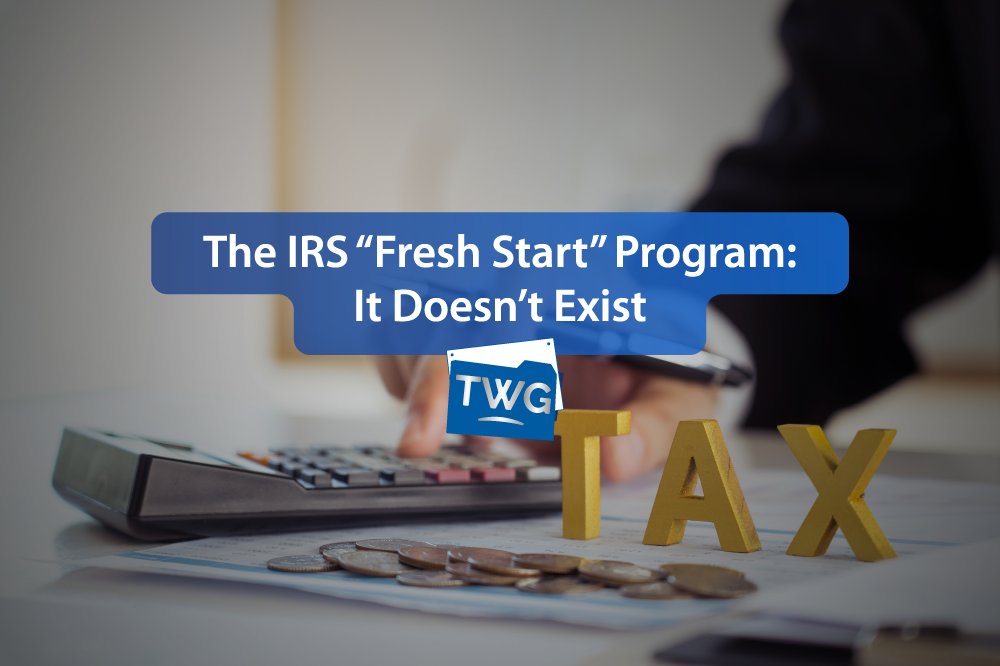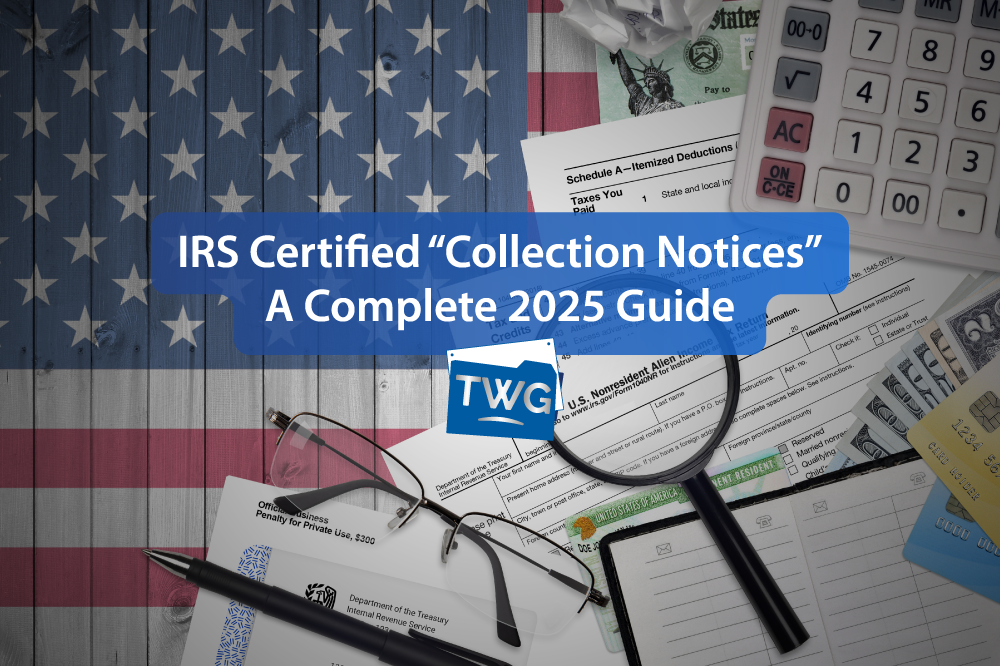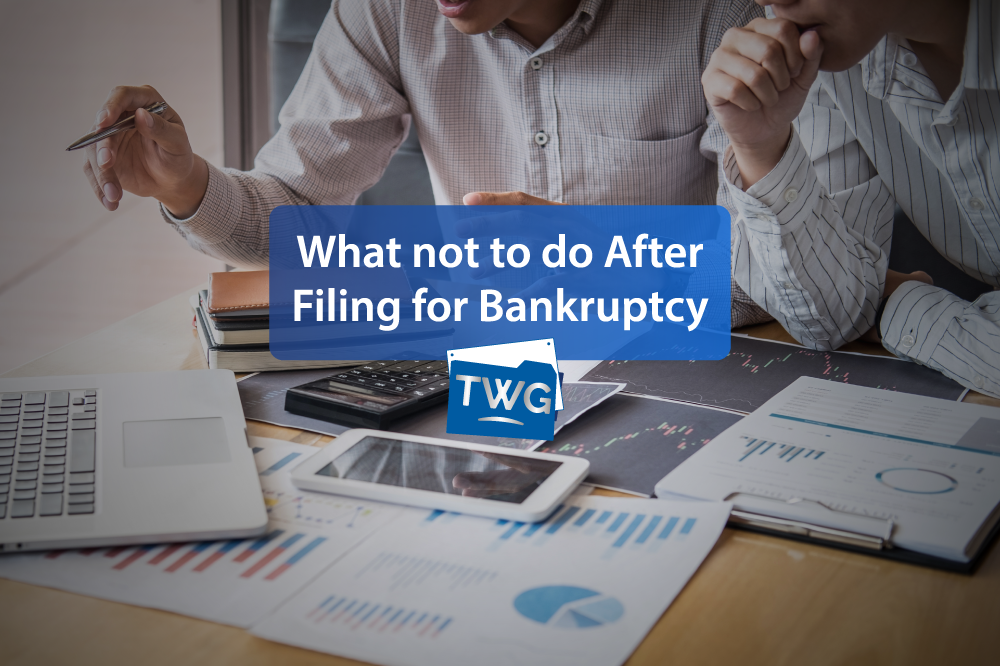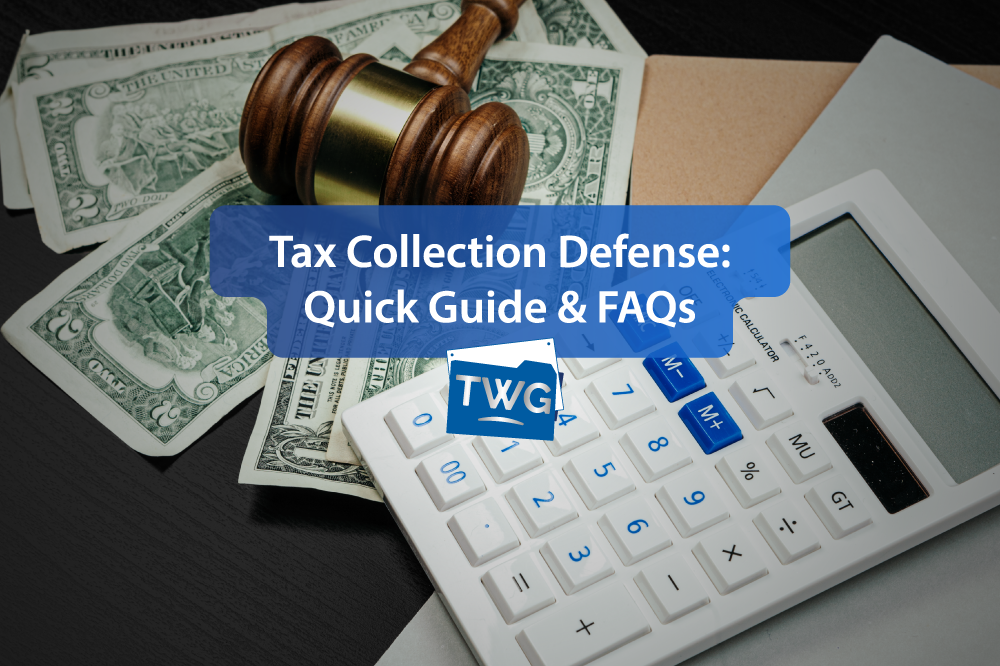-
Should You Consider Chapter 13 Bankruptcy Instead of an IRS Payment Plan?

Now that April 15th has come and gone, millions of Americans have exhaled a collective sigh of relief — unless, of course, you still owe the IRS. If you’re one of the unlucky taxpayers now staring down a balance due (and perhaps a love letter from the IRS marked “Final Notice of Intent to Levy”),…
-
The Tax Survival Arsenal — for When the IRS Comes Knocking, and Before

I doubt if many people associate good dreams with the IRS. Nightmares, maybe, but in any event not the kind of thoughts to take into Z-Land. And not the kind of thoughts to wake up to either. Come to think of it, I don’t believe there is any good time for thoughts like that. I…
-
When the IRS Gets Six Years Instead of Three – The Tax Time Bomb You’ve Never Heard Of: §6501(e)(1)(A)(i)

§6501(e)(1)(a)(i)—I first heard of this section of the Internal Revenue Code in one of my initial classes at NYU in the program for an LL.M. in Tax (Masters in Tax Law). The professor who said it had no notes in front of him, no monitor, no nothing. I thought he was making some kind of…
-
The IRS “Fresh Start” Program: It Doesn’t Exist

There is not now and there never has been an IRS Fresh Start Program. None. Nada. If anyone tells you different, they’re selling false hopes of utopia and you’re the prospective payor. Let’s start with a bit of background. The IRS started using the optimistic and somewhat friendly sounding catchphrase “Fresh Start” with a brief…
-
IRS Certified “Collection Notices” – A Complete 2025 Guide

If you’re expecting to see a listing and detailed description of every kind of certified mail that the IRS might ever send, well, consider yourself saved. The primary and most important consideration is that if a professional has not been consulted prior to receipt of a certified letter on any particular matter or issue, the…
-
Precision Tax: We Saved Their Client Thousands

A Precision Tax client became a client of Tax Workout Group, and their story took a dramatic and life-changing turn. Wanna know what happened? Read on. Different tax practitioners tend to handle things differently. And while there usually are several possible solutions to every problem, some are just better than others. Some are way better.…
-
Explained: What Can You Not Do After Filing Bankruptcy

Historically stigmatized as a shameful last resort, an acknowledgment of moral and financial failure, bankruptcy proceedings have morphed into a valuable tool for resolving a broad range of personal and/or business situations. Begin with the fact that a bankruptcy judge essentially has the power of a god. To do just about anything when you’re in…
-
Tax Collection Defense – Quick Guide & FAQ

It’s difficult to imagine a less-welcome telephone call, letter, or notice than one coming from an IRS Revenue Officer or IRS Collection Office (particularly from “ACS”, the Automated Collection System). Think about it. The job of IRS Collection personnel, all day long, is to get money from people who mostly aren’t real excited to hear…
-
If I Cash Out My 401(k), Can It Be Garnished? – Protecting Retirement Accounts from IRS Collections

The IRS can obtain an interest in retirement vehicles like 401(k)s and IRAs. Once an assessment has been made against a taxpayer, the IRS gives the taxpayer notice of the assessed amount and demands payment. The initial notice and demand is, in effect, a bill for taxes due. If the taxpayer fails to pay the…
-
What is a Kovel Agreement and How Does it Benefit Clients?

A Kovel agreement is a legal arrangement that extends the attorney-client privilege to any professional that is employed under an attorney. The Kovel agreement gets its name from the landmark United States v. Kovel case, and ensures that any sensitive information that a client or their attorney shares with third-party professionals remains protected from disclosure…
